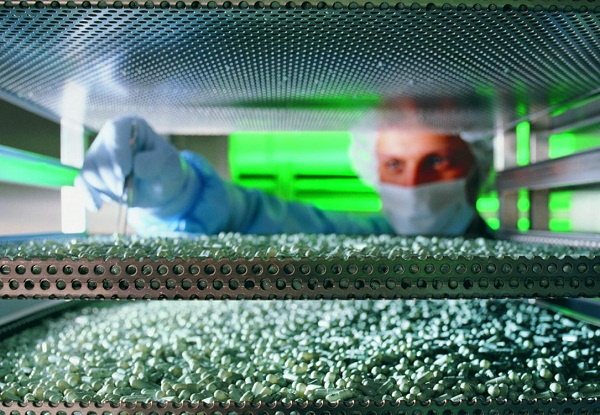AmCham and drug producers: Clawback tax damages private investors' trust

 The Romanian authorities' refusal to revise the clawback tax might trigger the market withdrawal of compensated and free drugs, according to the Local Association of Drug Producers. The Romanian Government has recently agreed with the International Monetary Fund (IMF) to keep the clawback tax in order to avoid arrears.
The Romanian authorities' refusal to revise the clawback tax might trigger the market withdrawal of compensated and free drugs, according to the Local Association of Drug Producers. The Romanian Government has recently agreed with the International Monetary Fund (IMF) to keep the clawback tax in order to avoid arrears.
The current clawback tax, although needed to ensure the functioning of the local health system, should be changed so as not to damage the trust of private investors in Romania and the country's attractiveness for future investments, according to the American Chamber of Commerce in Romania (AmCham).
“As an economic principle and for the system to work, through the clawback mechanism in Romania, the difference between the patients' treatment needs – the actual consumption – and the budget allotted for drugs is fully supported by the pharma industry. In other European countries, such a contribution is however meant to ensure the control of an exaggerated price increase on the drug market – but not to cover the systemic deficit of the state budget,” AmCham explains in a statement.
AmCham has come up with several proposals to solve the problem, such as establishing a maximum, realistic percentage threshold, against the real drug consumption in the previous year and based on the payee's sales, as well as directing these funds exclusively to the budget for drugs.
The clawback tax for the first quarter of the year is around one third of the compensated sales of drug producers, exceeding EUR 100 million, which adds to the current taxes. Drug producers and sellers complain that the reimbursement of the money for subsidized drugs is made with huge delays. According to AmCham, estimations point to EUR 400 million in tax for 2012, which is 'unsustainable and unreasonable economically for drug producers in Romania.'
Drug producers had talks with the Health Ministry and the Finance Ministry in May, but no solution to suspend the payment obligations for the first quarter of 2012 and for the revision of the clawback tax.
“The attempt to force the drug industry to finance the entire deficit in the health system can only lead to its destruction, to the detriment of patients and of the Romanian economy. Generic drug producers do not have the amounts needed to pay the clawback tax for the first quarter of 2012, and they risk being wrongfully fined. This is why we ask for the payment obligations on the first quarter to be cancelled,” said Dragos Damian, head of the Association of Generic Drug Producers in Romania and CEO of Terapia Ranbaxy.
editor@romania-insider.com












